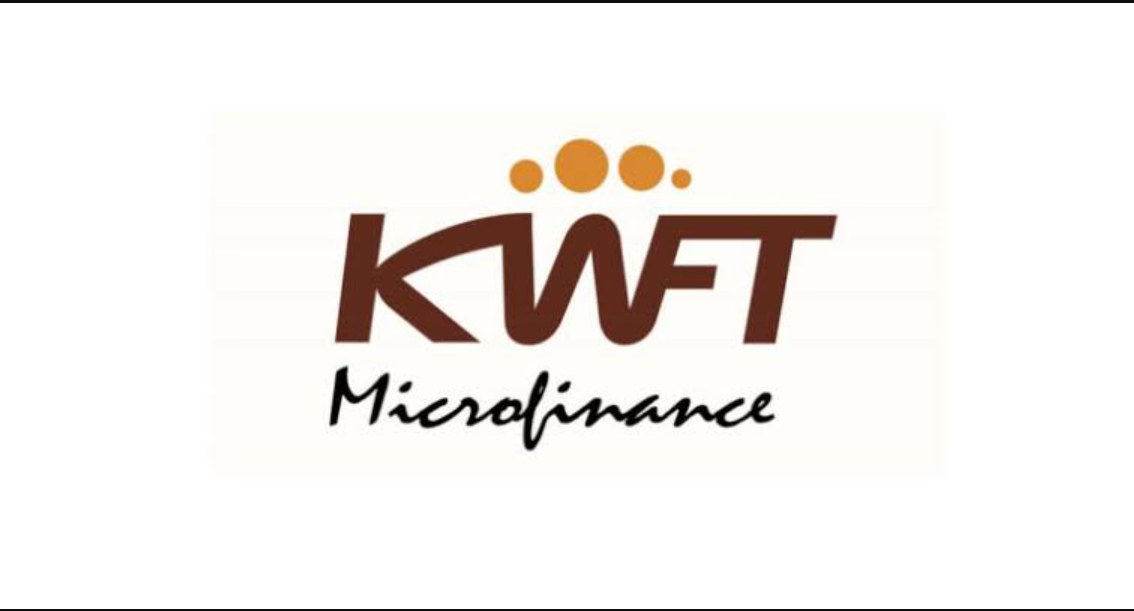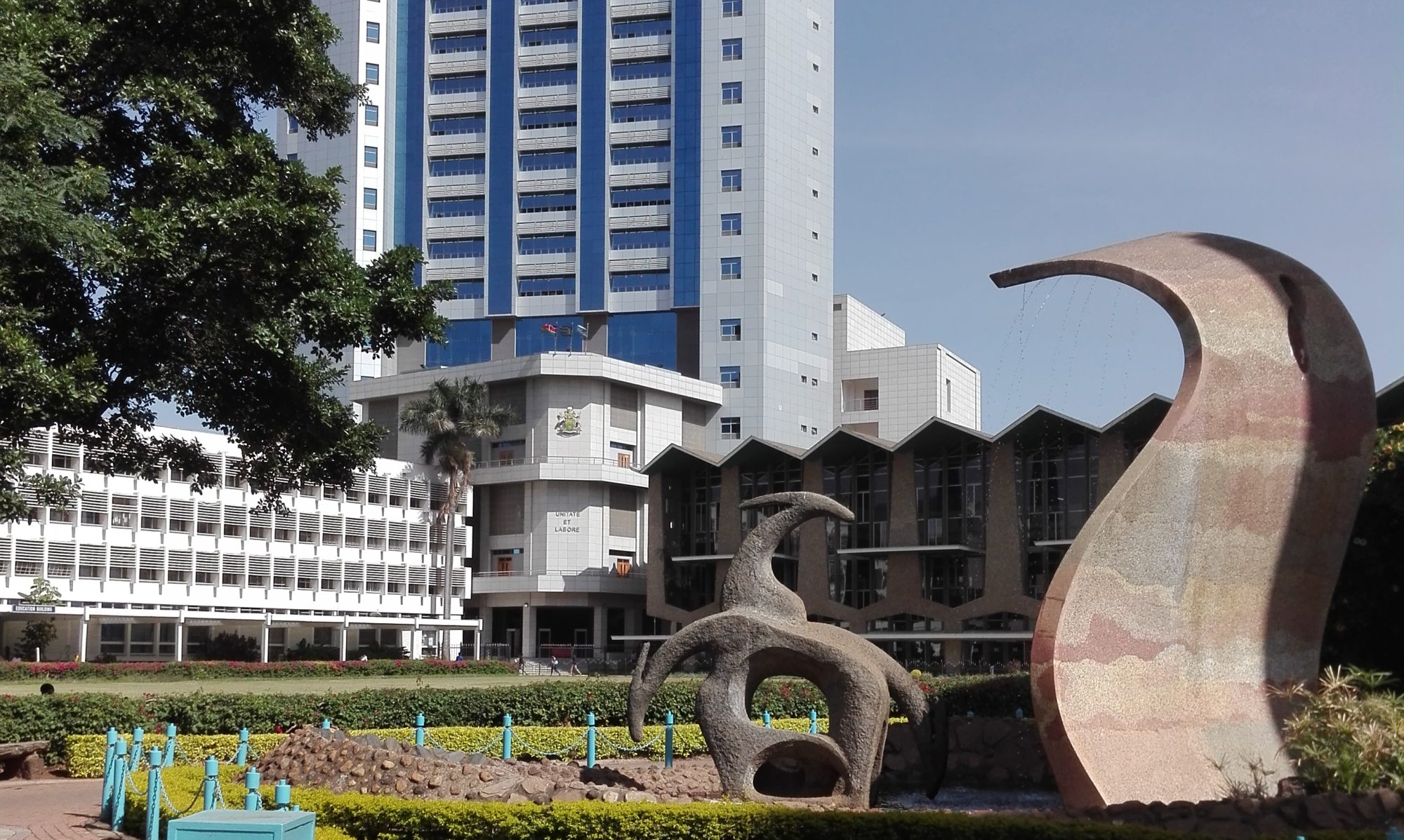Fuel prices in Kenya keep changing, and drivers are searching for affordable ways to power their cars. One option that is becoming more popular is Liquefied Petroleum Gas (LPG). While many Kenyans know LPG as the gas used for cooking at home, it is also a practical vehicle fuel.
It is cheaper, burns cleaner, and can help reduce overall transport costs. But how does LPG work in vehicles, and why are more drivers in Kenya choosing it over petrol or diesel?

How LPG Works in Vehicles
LPG is made of propane and butane. It is stored as a liquid under pressure but burns as a gas when released. In cars, it is stored in a pressurised tank usually fitted in the boot or underneath the vehicle.
When the engine needs fuel, LPG flows from the tank through fuel lines into a converter or vaporiser. This device lowers the pressure and turns the liquid into gas. From there, an injector or carburettor delivers the gas into the engine.
Inside the engine cylinder, LPG mixes with air. The mixture is then ignited by the plug, creating an explosion that pushes the piston and generates power to move the car.
Some vehicles come ready to run on LPG from the factory. However, in Kenya, most cars are converted after purchase. These conversions allow the driver to switch between petrol and LPG depending on cost and availability. The price of converting a car ranges from Ksh70,000 to Ksh150,000, depending on the system installed.
Benefits of Using LPG in Vehicles
The main advantage of LPG is the cost. It is almost half the price of petrol per litre, which means huge savings for drivers. This is especially helpful for taxi operators, delivery vehicles, and matatus that consume a lot of fuel every day.
Another advantage is that LPG burns cleaner than petrol and diesel. It produces fewer harmful gases and less smoke, which makes it safer for the environment and human health. Using LPG also reduces engine wear because it burns smoothly and leaves behind fewer deposits compared to petrol.
Drivers with LPG vehicles also enjoy flexibility. Most systems allow switching between petrol and LPG, giving motorists more options depending on availability and price.
Risks and Legal Concerns of LPG Cars in Kenya
Despite the benefits, there are risks that cannot be ignored. Safety is the main concern with LPG-powered vehicles. If the system has a leak, gas can build up in enclosed spaces and increase the risk of fire or explosions. This is why professional installation and regular servicing are very important.
Another issue is legality. The Kenyan Traffic Act requires all changes to a car’s fuel system to be approved. These changes must also be reflected in the vehicle’s logbook. If not, the vehicle is considered non-compliant, and the owner risks fines, imprisonment of up to three years, or even losing the car to impound.
Insurance is also a challenge. Many insurance companies in Kenya do not cover vehicles that have undergone fuel conversions unless they are approved by the National Transport and Safety Authority (NTSA) and the Kenya Bureau of Standards (KEBS). Without approval, drivers risk losing insurance protection.
The NTSA and KEBS are currently working on regulations for LPG-powered vehicles. These include licensing qualified workshops, setting up safety standards, and carrying out inspections. Once this framework is complete, it is expected to create a safer environment for drivers who want to use LPG.
The Future of LPG Vehicles in Kenya
LPG use in vehicles is still new in Kenya, but it is steadily gaining interest among drivers who want cheaper fuel options. With better regulations, more conversion workshops, and improved safety standards, LPG has the potential to become a strong alternative to petrol and diesel.
Still, the infrastructure is limited, and the legal framework is not fully developed. For now, LPG works best for drivers willing to invest in proper conversions and follow NTSA rules. In the future, electric and hybrid cars may become more popular, but today, LPG offers an immediate way to save money while keeping cars on the road.
Frequently Asked Questions (FAQs)
1. Is LPG cheaper than petrol in Kenya?
Yes. LPG costs nearly half the price of petrol per litre in Kenya, making it a cost-effective choice for both private and commercial drivers.
2. Can any car be converted to run on LPG?
Most petrol cars can be converted to LPG through aftermarket systems. However, the process must be done professionally and approved by NTSA.
3. Is it safe to use LPG in vehicles?
LPG is safe when installed and maintained properly. The risk comes from leaks, so regular inspections and servicing are important.
4. Are LPG vehicles legal in Kenya?
Yes, but only if the conversion is approved by NTSA and KEBS, and the modification is reflected in the vehicle’s logbook.











































